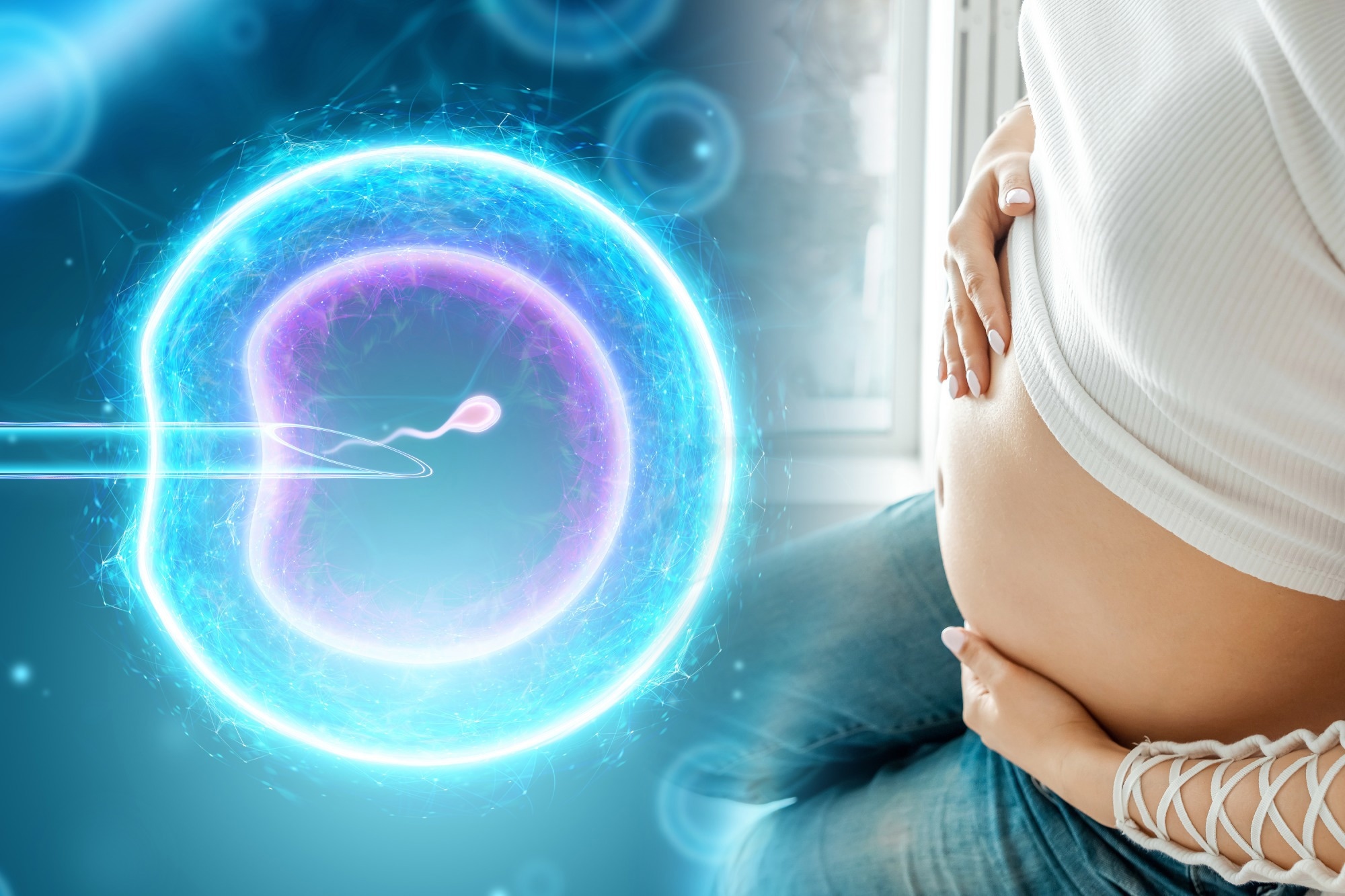Men who’ve had COVID-19 may face hidden fertility risks. This study uncovers how the virus disrupts sperm health, even months after recovery.
 Study: COVID-19 infection was associated with poor sperm quality: a cross-sectional and longitudinal clinical observation study. Image Credit: Marko Aliaksandr / Shutterstock.com
Study: COVID-19 infection was associated with poor sperm quality: a cross-sectional and longitudinal clinical observation study. Image Credit: Marko Aliaksandr / Shutterstock.com
The severe acute respiratory syndrome coronavirus 2 (SARS-CoV-2), the virus that causes coronavirus disease 2019 (COVID-19), is capable of infecting various organs, including those within the reproductive tract. The male urogenital tract is particularly susceptible to SARS-CoV-2 infection due to the widespread expression of both angiotensin-converting enzyme 2 (ACE2) and the transmembrane serine protease 2 (TMPRSS2), both of which are essential for viral entry into cells.
Despite these correlations, few studies to date have examined the impact of COVID-19 on male fertility, including sperm quality. Thus, additional research is needed to elucidate the effects of SARS-CoV-2 infection on reproductive health, particularly among men.
A recent study published in the journal Scientific Reports assessed sperm quality among male fertility patients who were previously exposed to SARS-CoV-2.
How does COVID-19 affect sperm cells?
The current study included COVID-19-affected individuals, as well as uninfected patients, who provided semen samples while being cared for at the Center for Reproductive Medicine in Shengjing, China. Sperm count, sperm motility, sperm morphology, as well as sperm DNA fragmentation index (FDI) and chromatin immaturity, were measured in all semen samples.
About 83% of the 604 participants in the cross-sectional study were infected with SARS-CoV-2, 140 of whom provided semen samples before and after testing positive for COVID-19. A total of 149 COVID-19-negative semen samples served as the control group.
Sperm count, count of grade A sperm cells, which reflect sperm with rapid progressive motility, progressive motility, total motility, and sperm DFI, were lower in samples obtained from infected individuals as compared to controls, thus indicating poor sperm quality associated with COVID-19. These sperm parameters were similarly reduced in patients following SARS-CoV-2 infection; however, DFI was higher in these later samples.
Sperm DNA integrity was adversely affected by COVID-19.”
The longitudinal study revealed that sperm quality was lower in patients infected with SARS-CoV-2 compared to pre-infection samples. Notably, earlier control semen samples had lower sperm quality as compared to their subsequent samples, thus highlighting the beneficial effects of fertility treatment.
A higher proportion of COVID-19-positive patients exhibited lower semen parameters as compared to COVID-19-negative patients. In fact, 75% of infected patients experienced a 21% increase in DFI after contracting COVID-19, compared to their pre-infection samples. In the control group, 10% of the later samples exhibited deteriorating semen quality compared to the earlier samples.
Nearly 58% of infected patients exhibited reduced sperm counts in their second samples. More specifically, sperm counts were reduced by 12%, equivalent to a loss of approximately 20.5 × 10^6 sperm cells.
Approximately 70% of infected patients exhibited reduced total sperm motility by 17%. Similarly, 71% of infected sperm samples were found to have reduced grade A motility by 37%.
Sperm DNA fragmentation can negatively impact the success of assisted reproductive techniques (ART), as sperm with high DFI are more likely to produce low-quality embryos, thereby increasing the rate of miscarriages and live births. Thus, the persistently high DFI values observed in semen samples obtained following COVID-19 emphasize the potentially devastating effects that SARS-CoV-2 infection can have on male fertility.
Conclusions
Following the onset of COVID-19, sperm quality parameters were significantly reduced when comparing both infected patients and controls, as well as between pre- and post-infection samples from infected participants. These observations were similar in in both the cross-sectional and longitudinal studies, suggesting that COVID-19 significantly reduces sperm quality.
COVID-19 was associated with poor semen quality manifested by reduced sperm count and sperm motility, and increased sperm DNA fragmentation.”
Although COVID-19 is no longer considered a public health emergency, SARS-CoV-2 continues to circulate worldwide, acquiring new mutations that increase the virulence and fitness of this pathogen. Taken together, the current study advises clinicians to integrate COVID-19 screening or diagnosis into the workup of patients with male infertility.
Journal reference:
- Yuan, L., Sun, W., Dong, Z., et al. (2025). COVID-19 infection was associated with poor sperm quality: a cross-sectional and longitudinal clinical observation study. Scientific Reports. doi:10.1038/s41598-025-94570-5.